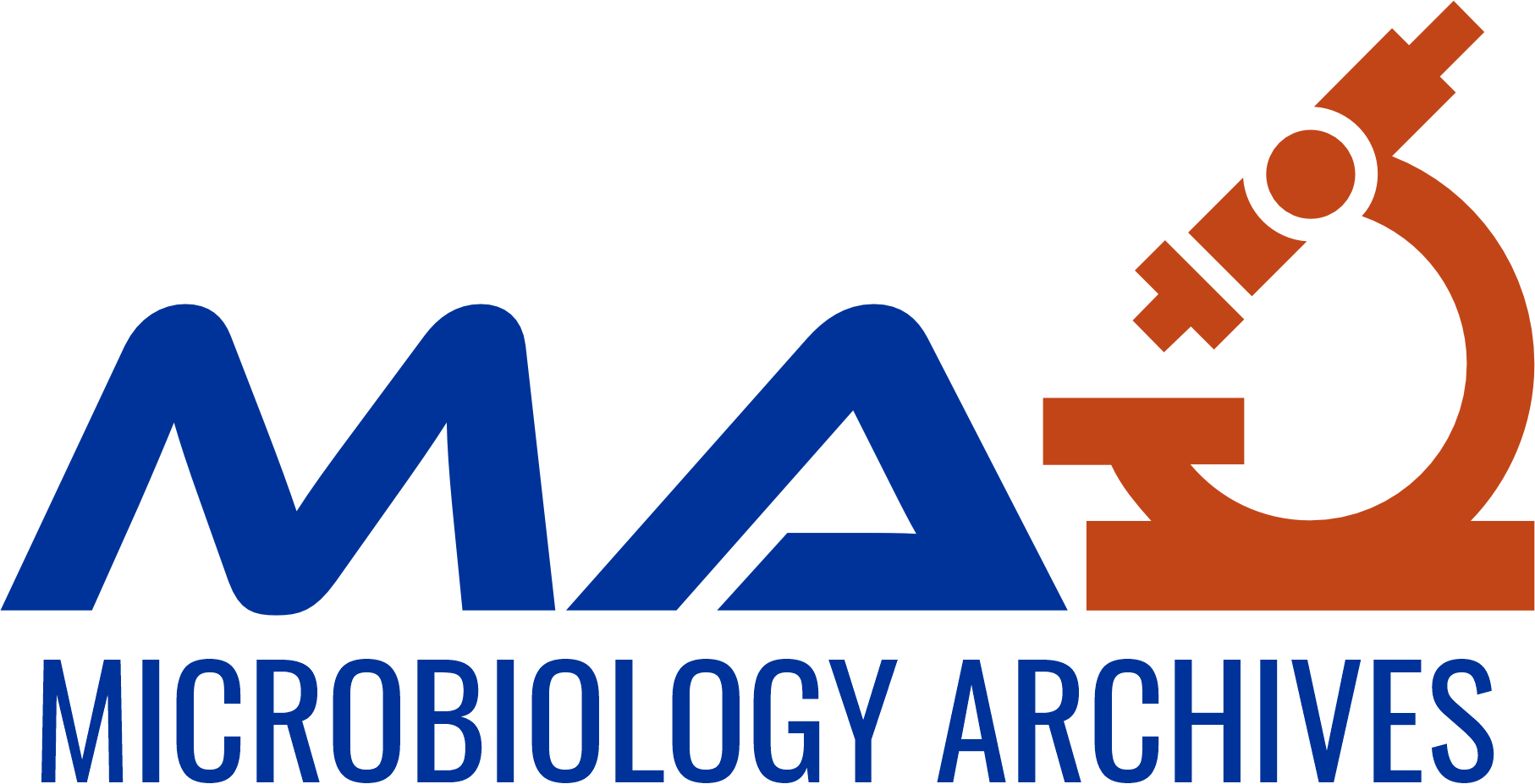Honeybee-derived honey has long been recognized for its remarkable antibacterial and antimicrobial properties, making it a natural and effective alternative for combating microbial challenges. This article explores the bioactive compounds in honey, such as hydrogen peroxide, phenolic acids, flavonoids, and defensins, which collectively contribute to its antimicrobial efficacy. The mechanisms underlying honey’s ability to inhibit the growth of pathogenic bacteria and fungi are analyzed, with particular focus on its osmotic effect, acidic pH, and production of reactive oxygen species. The study highlights recent advancements in the application of honey in medical and pharmaceutical fields, including wound healing, infection management, and the prevention of antibiotic resistance, the role of honey in addressing global health concerns by offering sustainable, cost-effective, and eco-friendly solutions to microbial challenges. This work provides a comprehensive understanding of honey’s therapeutic potential and sets the stage for further research into its broader applications in modern medicine and biotechnology.
